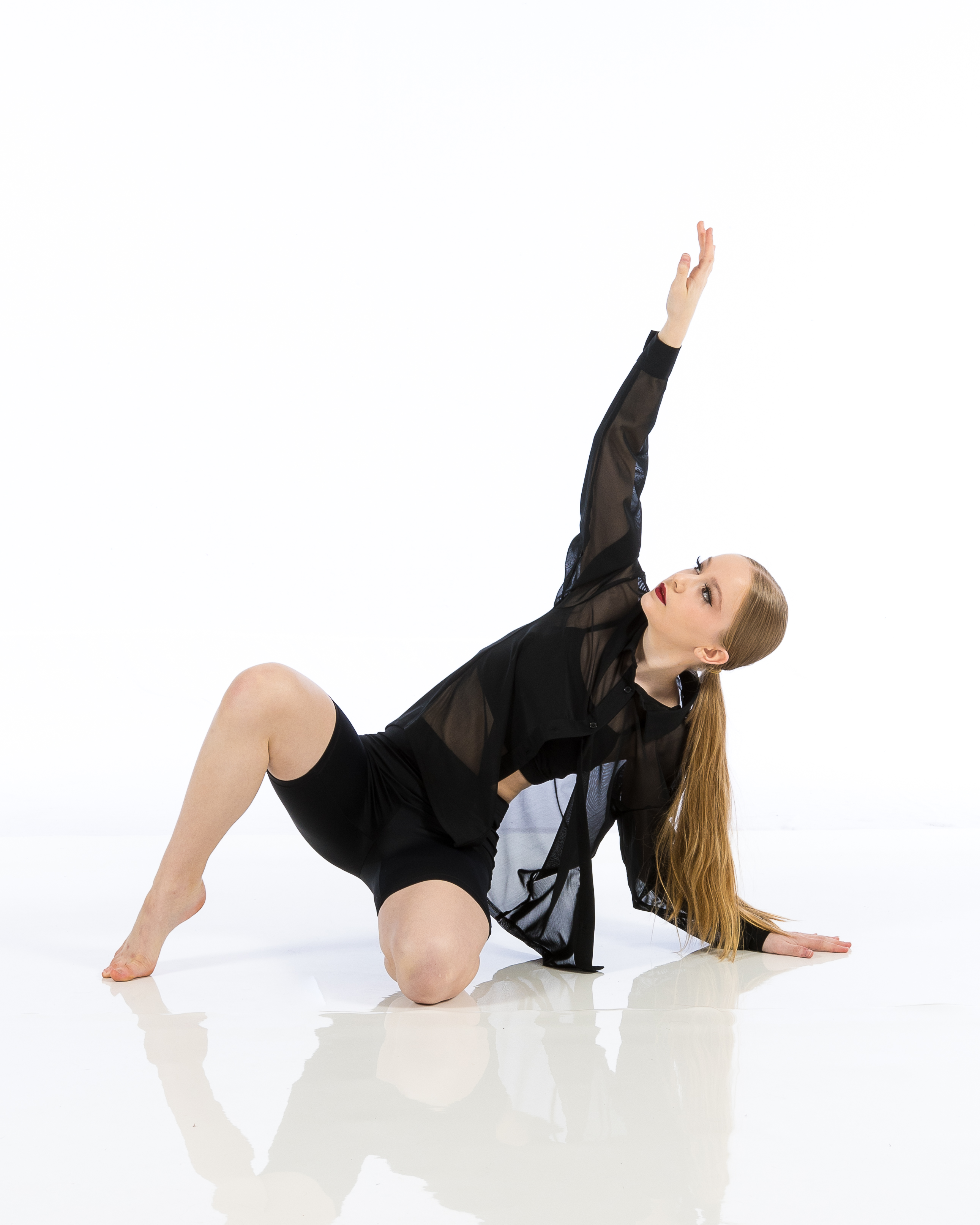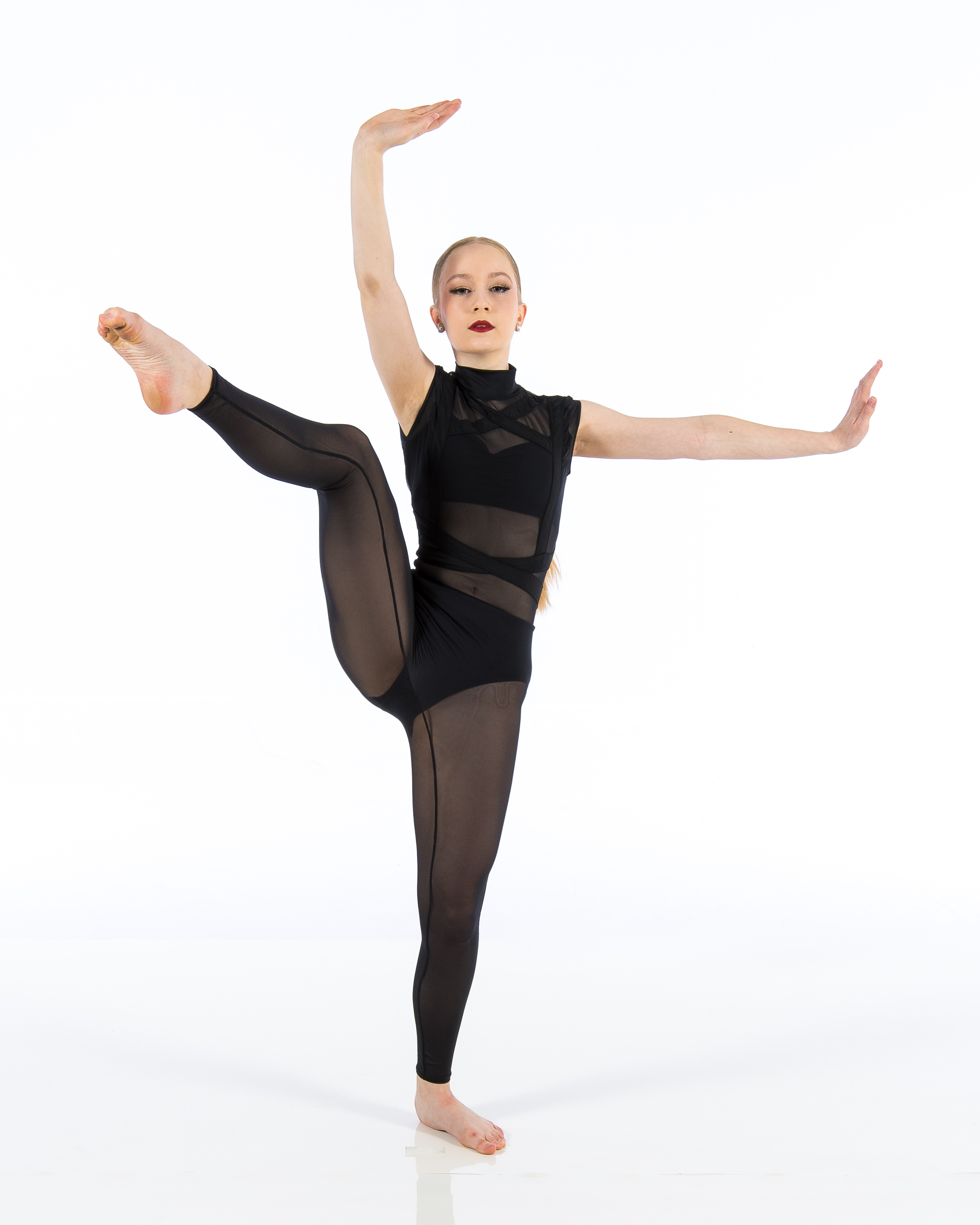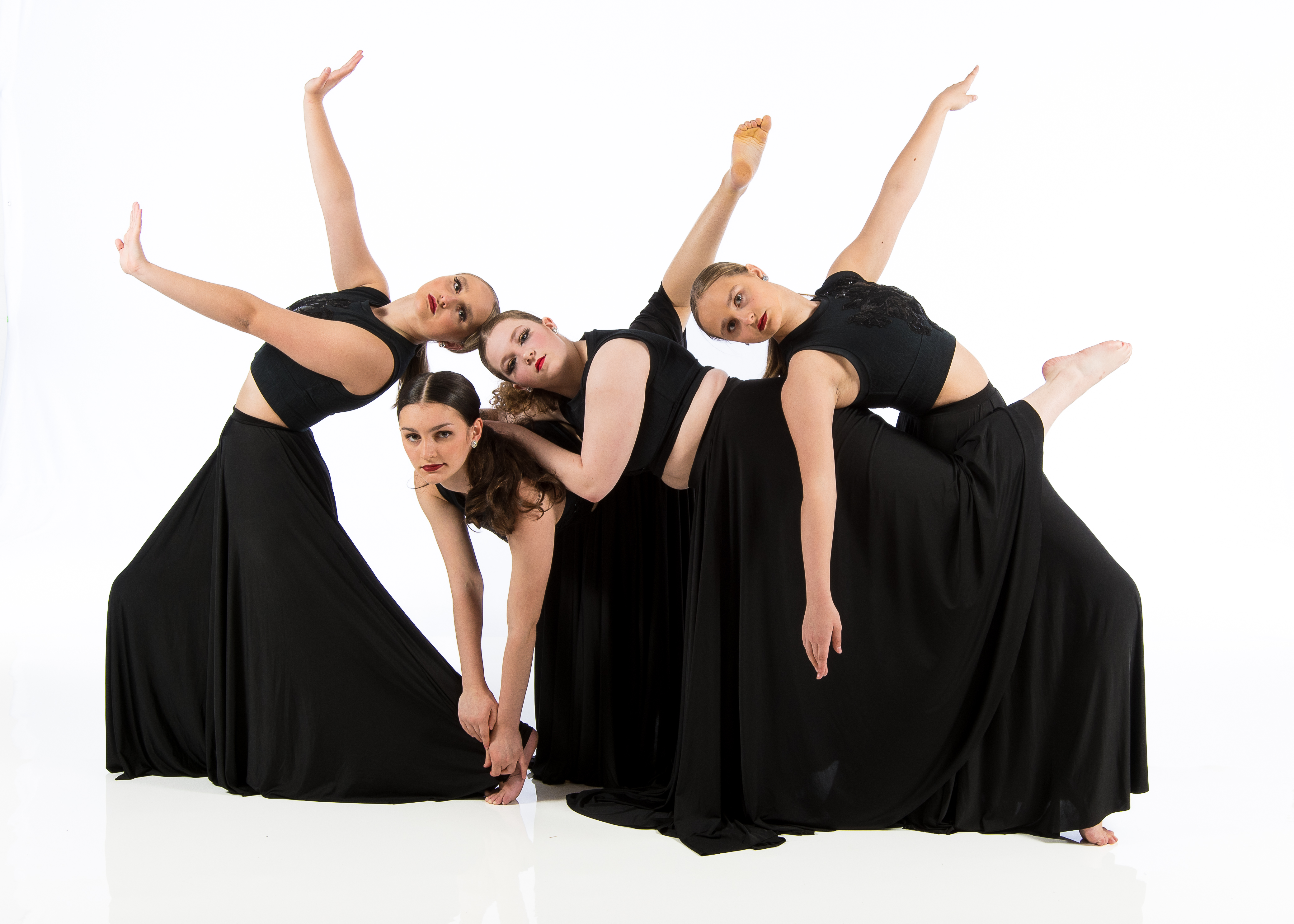Introduction
Dance is an art kind that goes beyond obstacles, unites neighborhoods, and bursts with the vigor of human expression. Whether you're a budding professional dancer entering a dance studio for the very first time or an experienced performer looking to fine-tune your craft, comprehending dance studio decorum is vital for making certain a positive experience. This substantial guide titled From Newbie to Professional: Navigating Dance Studio Decorum for a Harmonious Experience will certainly take you via every facet of dance studio habits, supplying understandings that will elevate your experience and foster more powerful connections within the dance community.
Understanding Dance Studio Etiquette
What is Dance Studio Etiquette?
Dance studio decorum describes the set of rule of thumbs and social standards that regulate actions in a dancing classroom setting. Just like any other creative atmosphere, valuing these guidelines can boost not only your understanding experience however also that of your peers.

Why is Dance Studio Rules Important?
Adhering to correct etiquette helps develop an environment of respect, emphasis, and collaboration. It cultivates a sense of neighborhood and enables dancers to support each other in their development while decreasing diversions during class.
From Newbie to Professional: The Importance of First Impressions
Preparing for Your Initial Class
Walking right into a dance studio for the first time can be stressful. To make a remarkable impression:
- Dress properly: Wear comfy clothes appropriate for the sort of dance you're studying. Arrive early: Objective to reach the very least 10-- 15 minutes before class begins. This gives you time to sign in, heat up, and clear up in.
Greeting Your Instructor
A pleasant greeting sets the tone for your experience. Constantly present yourself if it's your excellent! A simple "Hello" or "Greetings" can go a long method in developing rapport.
Classroom Conduct: The Do's and Do n'tshtmlplcehlder 46end.
Do's: Favorable Behaviors
Be Respectful: Respect everyone's personal area-- particularly when exercising moves. Listen Actively: Program attentiveness when instructors are speaking; it reveals you value their guidance. Support Your Peers: Encourage fellow dancers; positivity types encouragement.Don'ts: Negative Behaviors
Avoid Distractions: Keep personal conversations outside the classroom. Don't Usage Your Phone: Silence your phone during class; it's disruptive. Refrain from Interrupting: Wait till the instructor coatings prior to asking questions.The Function of Individual Area in Dance Studios
Understanding Boundaries
Personal space differs from person to person, particularly in a dance setting where physical closeness is commonly necessary during method routines.
Communicating Comfort Levels
If you feel awkward with how close an additional dancer is obtaining during partnered workouts or developments, it's vital to connect this politely and professionally.
Maintaining Expertise: Outfit Code and Grooming
Importance of Correct Attire
Each dancing design frequently has its own outfit code-- whether it be leotards for ballet or loose-fitting garments for hip-hop courses-- sticking to these standards demonstrates respect for both your craft and your instructor.
Personal Hygiene Matters
Dancing calls for physical exertion, which can lead to perspiration. Guarantee you maintain good hygiene by bathing prior to course and using tidy attire.
Behavior During Class: Concentrating On Learning
Engaging with Instruction
It's vital to stay focused during presentations. Rather than merely seeing, proactively engage by imagining how you would implement each movement.
Asking Questions Appropriately
Curiosity enhances learning! If something isn't clear, do not hesitate to ask inquiries-- but guarantee they matter and postured at appropriate times (ideally after instructions).
Feedback: Accepting Positive Criticism
Accepting Comments Gracefully
Constructive criticism is part and parcel of development in any kind of art type. Welcome comments with an open mind and avoid ending up being defensive; remember that review aims to assist improve your skills!
Offering Responses Thoughtfully
When offering feedback to peers, guarantee it's useful instead of important; concentrate on what they succeeded together with locations for improvement.
Creating Consistency Via Teamwork
The Relevance of Team Spirit
In numerous dance designs, team effort plays an essential duty; developing sociability with fellow professional dancers leads to improved performances.
Collaborating Throughout Group Exercises
When associated with group jobs or choreography practices, urge creative thinking by valuing everybody's ideas while also adding yours constructively.
Handling Disputes Gracefully
Addressing Arguments Maturely
Conflict might emerge as a result of misconceptions or differing viewpoints on choreography choices. Tackle these concerns privately as opposed to publicly airing grievances which could interfere with course harmony.
Seeking Mediation When Necessary
If conflicts escalate beyond personal resolution initiatives-- look for assistance from teachers that can mediate effectively based upon their experience taking care of similar situations.
Post-Class Etiquette: Leaving on an Excellent Note
Thanking Trainers After Class
Always express appreciation in the direction of your teacher after lessons; this enhances positive relationships while recognizing their tough work!
Keeping the Studio Clean
Whether it's grabbing canteen or neatly preparing props post-class-- maintaining sanitation lionizes for common areas made use of by all dancers!
Engaging Beyond Course Time: Building Community Relationships
Joining Social Events
Participate in social events arranged by studios such as displays or open homes-- these gatherings use opportunities for networking while boosting community connections outside structured lessons!
Supporting Other Dancers' Performances
Attending peers' efficiencies demonstrates solidarity within the dancing community-- it motivates involvement beyond simple attendance at classes!
Frequently Asked Questions (Frequently asked questions)
1. What should I use for my initial dance class?
Choose comfy attire appropriate for the details style you're taking (e.g., leotards for ballet). Constantly ask about outfit codes beforehand!
2. Is it all right to speak throughout class?
It's best technique not to participate in side conversations during guideline as this distracts both instructors & & fellow trainees alike!
3. How do I manage sensation overwhelmed?

4. What happens if I differ with choreography choices?
Express worries professionally either privately or within assigned feedback sessions instead of openly critiquing throughout rehearsals; maintaining professionalism and reliability helps deal with disagreements amicably!
5. Ought to I bring water right into the studio?

6. Exactly how important is punctuality?
Preparation is critical as showing up late interferes with focus degrees while creating distractions; goal always show up early enough enabling time workout effectively prior to classes commence!
Conclusion
Navigating through a dance studio atmosphere can appear discouraging in the beginning glimpse yet grasping correct etiquette inevitably changes one's journey from newbie status toward expert degree artistry! By adhering closely recognized habits detailed throughout this overview entitled From Amateur To Expert: Browsing Dance Studio Decorum For A Harmonious Experience *, you'll grow invaluable friendships within neighborhoods enriched imagination while sharpening technical prowess together with valued advisors! So lace up those footwear with confidence tip onto that flooring-- the globe awaits your unique expression via movement!